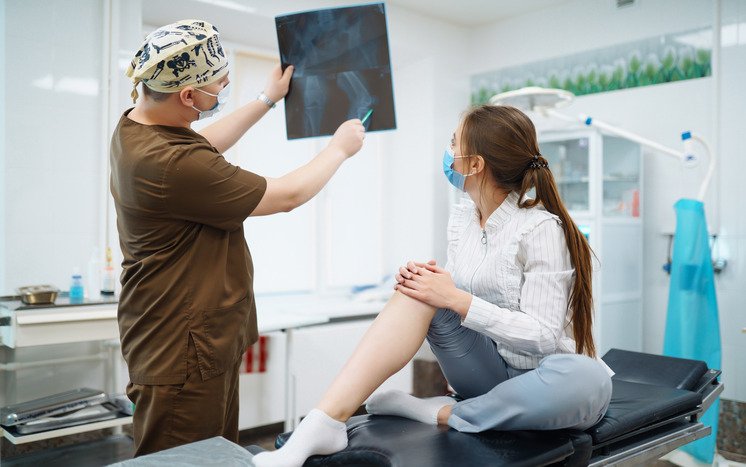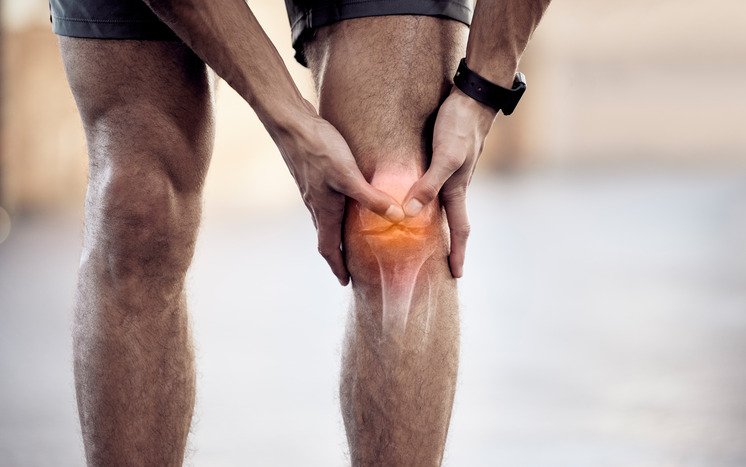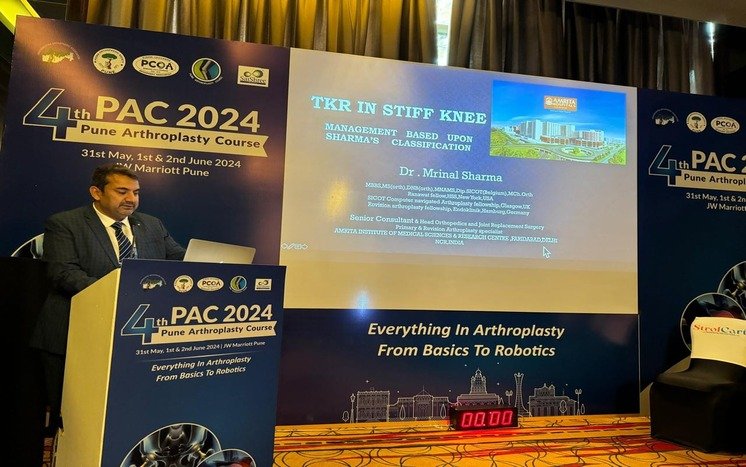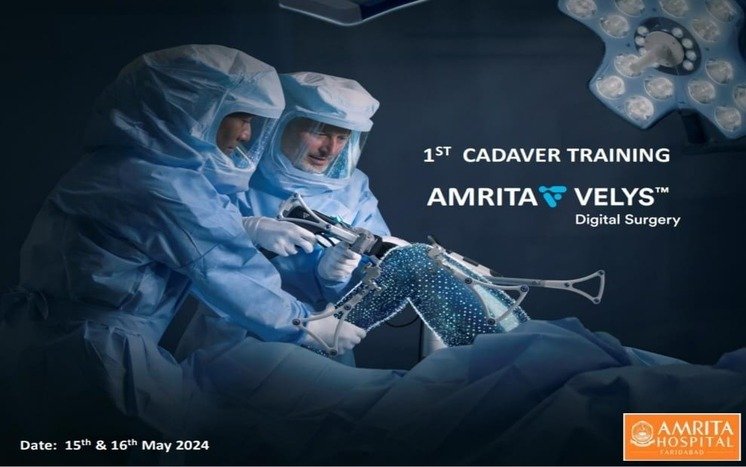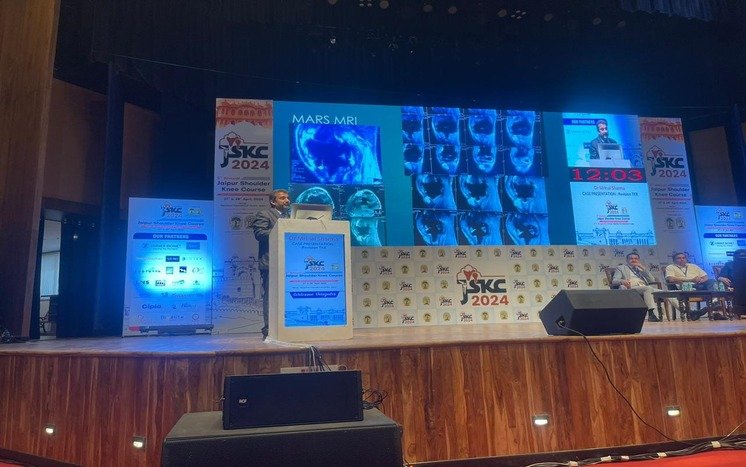
10:00am to 04:00pm (Mon to Sat) - Metro Hospital, Faridabad
06:00pm to 08:00pm (Mon to Sat) - Arthrocare Clinic, Noida
10:00am to 04:00pm (Mon to Sat) - Metro Hospital, Faridabad
06:00pm to 08:00pm (Mon to Sat) - Arthrocare Clinic, Noida
 May 13, 2024
May 13, 2024
Knee replacement surgery is a transformative procedure that can dramatically improve the quality of life for individuals suffering from severe knee pain, arthritis, or injury. As technology advances, robotic-assisted knee replacement has emerged as a cutting-edge alternative to traditional knee replacement techniques. This blog compares robotic and traditional knee replacement methods, focusing on surgical time, precision, and recovery.
Traditional knee replacement surgery, or manual knee replacement, has been the standard for decades. The procedure involves the surgeon using standard surgical instruments to cut and remove the damaged bone and cartilage from the knee, replacing it with an artificial joint made of metals and plastics. The success of the surgery heavily relies on the surgeon’s experience and skill.
Surgical Time: A traditional knee replacement typically takes 1 to 2 hours to complete. However, this can vary based on the complexity of the case and the surgeon’s expertise.
Precision: Precision in traditional knee replacement depends on the surgeon’s manual skills and the use of standard surgical tools and techniques. Despite high success rates, it is variable as it relies on human accuracy.
Recovery: Recovery from traditional knee replacement surgery usually involves a hospital stay of a few days. Patients generally return to normal activities within 6 weeks, although full recovery can take up to 6 months. Rehabilitation involves physical therapy to restore movement and strength.
Robotic-assisted knee replacement is a relatively newer approach integrating advanced robotic technology into the surgical process. This method uses a robotic arm controlled by the surgeon and detailed imaging to enhance the precision of the procedure.
Surgical Time: The duration of robotic knee replacement can be longer than the traditional approach, primarily due to the setup and planning required. However, some studies suggest that the increased upfront time investment can lead to more efficient outcomes and quicker functional recovery.
Precision: Robotic technology provides surgeons with real-time, 3D images of the patient’s knee, which helps in planning and executing the surgery with enhanced precision. The robotic arm aids in the accurate placement and alignment of the implant, which is crucial for the longevity and function of the knee joint.
Recovery: Patients undergoing robotic knee replacement often experience a faster initial recovery period. The precise nature of the surgery tends to cause less tissue damage, leading to reduced pain and quicker rehabilitation. Patients may start walking the day after surgery and potentially experience a faster return to normal activities.
Mrinal Sharma: A Leading Expert in Robotic Knee Replacement
Dr. Mrinal Sharma is widely recognized as one of the leading experts in robotic knee replacement surgery. With a distinguished career in orthopedics, he has pioneered robotic-assisted techniques in knee replacement, setting benchmarks for excellence and innovation in the field. His expertise is not only in performing complex surgeries with precision but also in patient care, ensuring that each patient receives tailored treatment plans that best suit their recovery goals.
Dr. Mrinal Sharma’s approach combines the latest medical technology with a deep understanding of individual patient needs, making him a preferred choice for those seeking advanced solutions for knee problems. He is known for his meticulous surgical techniques and for utilizing state-of-the-art robotic systems that enhance the accuracy and effectiveness of knee replacements. Patients treated by Dr. Mrinal Sharma often experience shorter recovery times, reduced pain, and improved joint functionality, significantly enhancing their quality of life.
His contributions to orthopedic surgery include numerous published research studies focusing on robotic knee replacement outcomes. Dr. Mrinal Sharma also dedicates part of his time to training other orthopedic surgeons in the latest robotic techniques, ensuring that more patients benefit from this advanced surgical approach. His commitment to clinical excellence and patient care makes him a leading figure in the rapidly evolving landscape of knee replacement surgery.
